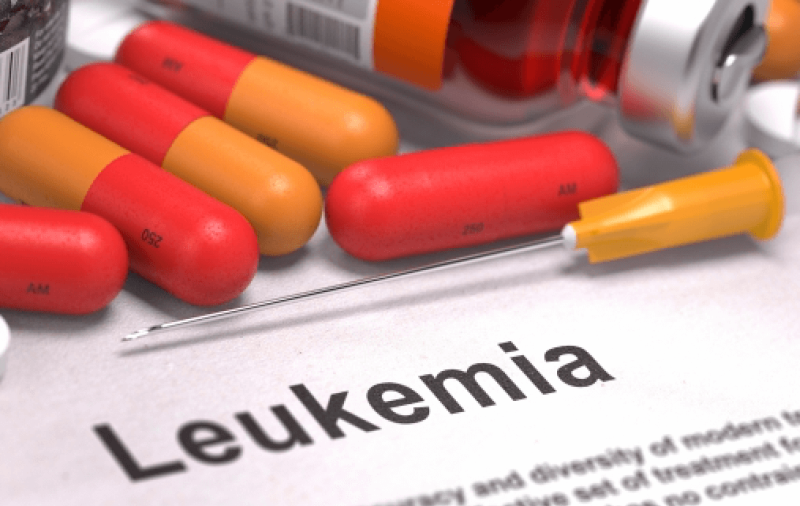More than a year after five leukemia patients died from an experimental treatment involving genetically engineered immune cells, its developer believes it has a better handle on what went wrong—and possibly how to prevent a repeat of the tragedy. Juno Therapeutics, based in Seattle, Washington, last week presented the most comprehensive public results so far from its internal investigation, concluding that individual patient characteristics and “product variability” made for a lethal combination that led to fatal brain swelling. The company says it is now using insights from its analysis to inform work on a modified cell treatment that is in early-stage clinical trials.
…
Several study participants experienced severe neurologic toxicity, akin to what has happened in other trials of CAR-T cells, but five young adults also succumbed to the cerebral edema. Autopsies of two of these patients revealed a complete breakdown of the blood-brain barrier, a membranous wall that largely separates the content of blood from the central nervous system to protect the brain.
…
Sadly, fatalities are always a risk when developing therapies for advanced cancers, [oncologist Stephen] Gottschalk says. “This expectation that you can develop therapies for life-threatening diseases [without deaths] is rather naïve,” he says.
The GLP aggregated and excerpted this blog/article to reflect the diversity of news, opinion, and analysis. Read full, original post: Cancer immunotherapy company tries to explain deaths in recent trial































